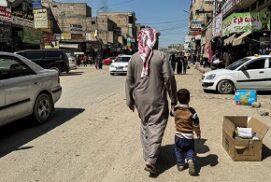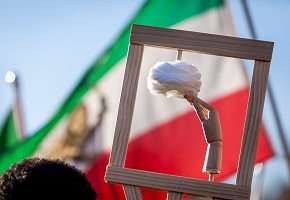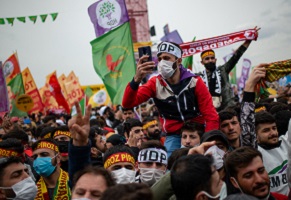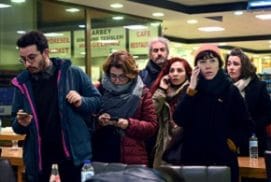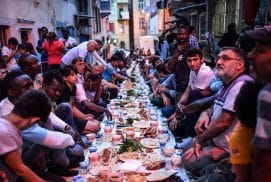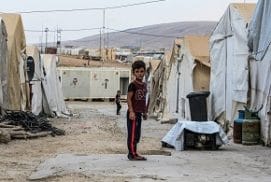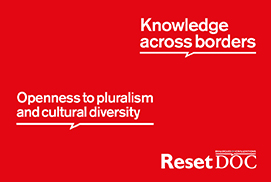Ilaria Romano 1 October 2024
Elections have been postponed indefinitely in autonomous Northeastern Syria, also known as Rojava. Initially scheduled for May 30th, they were first delayed to June 11th and then to August 8th, but the timetable was never confirmed. Officially, this was attributed to insufficient time for electoral campaigning, but more realistically, it was due to genuine concerns over a potential new Turkish escalation in the area.


